 |
 |
 |
 |
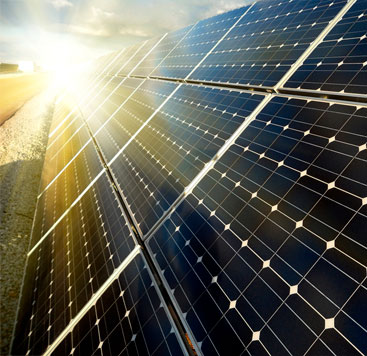 |
 |
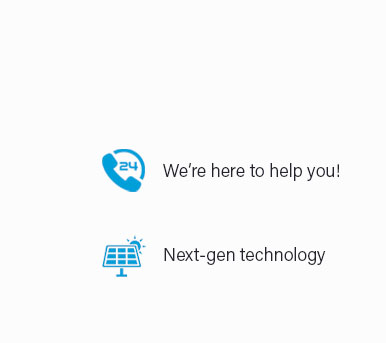 |
 |
 |
 |
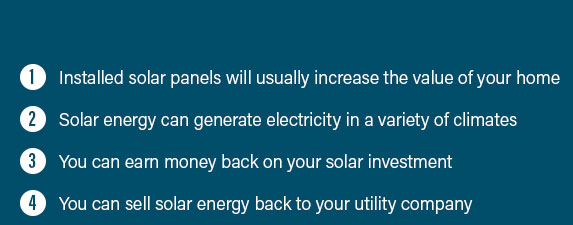 |
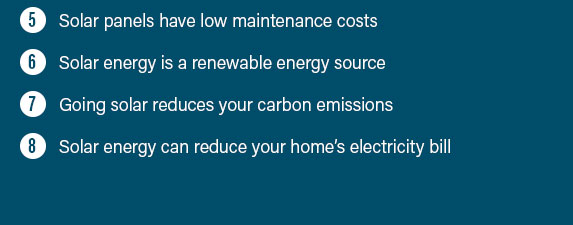 |
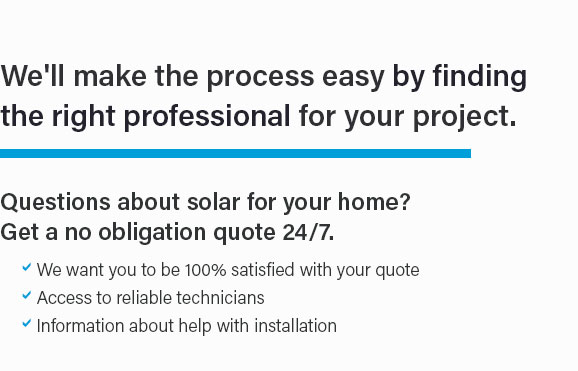 |
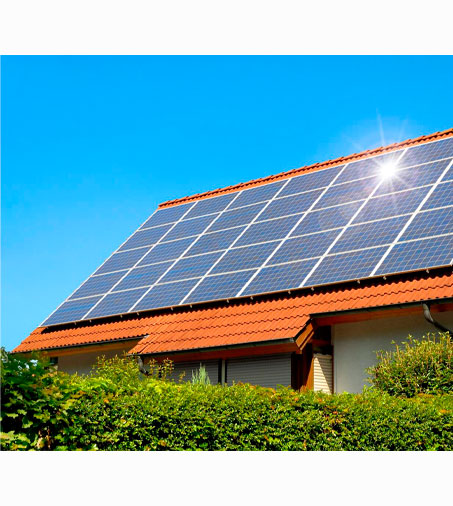 |
|
 |
 |
 |
|
Unlock the power of the sun and transform your home into a beacon of sustainability with our unbeatable solar panel home installation services-get a tailored solar panels installation quote today and join the green revolution with confidence; experience unparalleled efficiency, cutting-edge technology, and expert craftsmanship that not only elevates your energy independence but also slashes your electricity bills, all while making a lasting impact on the planet-step into the future of energy with us and let your home shine brighter than ever before.
https://diysolarforum.com/threads/purchasing-a-new-house-want-to-diy-solar-install.66048/
100kWh per day is about a 30kW system. Looking at 2 sol-ark 15k or EG4 18k. May need more depending upon peak power needs. https://www.homedepot.com/services/c/solar-panel-installation/3e382af82
Our licensed, local professionals will review your solar energy needs, provide product recommendations, and review your pricing and financing options. https://www.youtube.com/watch?v=G_Fo-mySNxw
In today's video we are taking a look at how to install a complete solar panel kit . This is a full beginners complete guide easy and simple ...
|